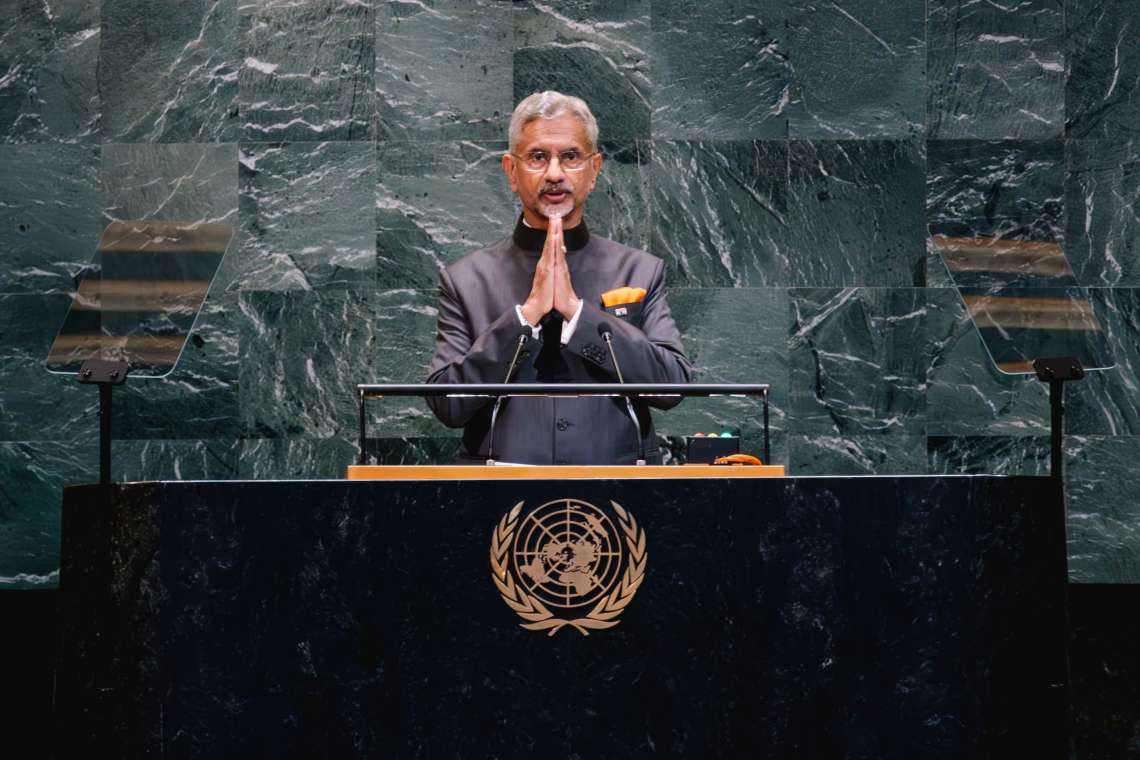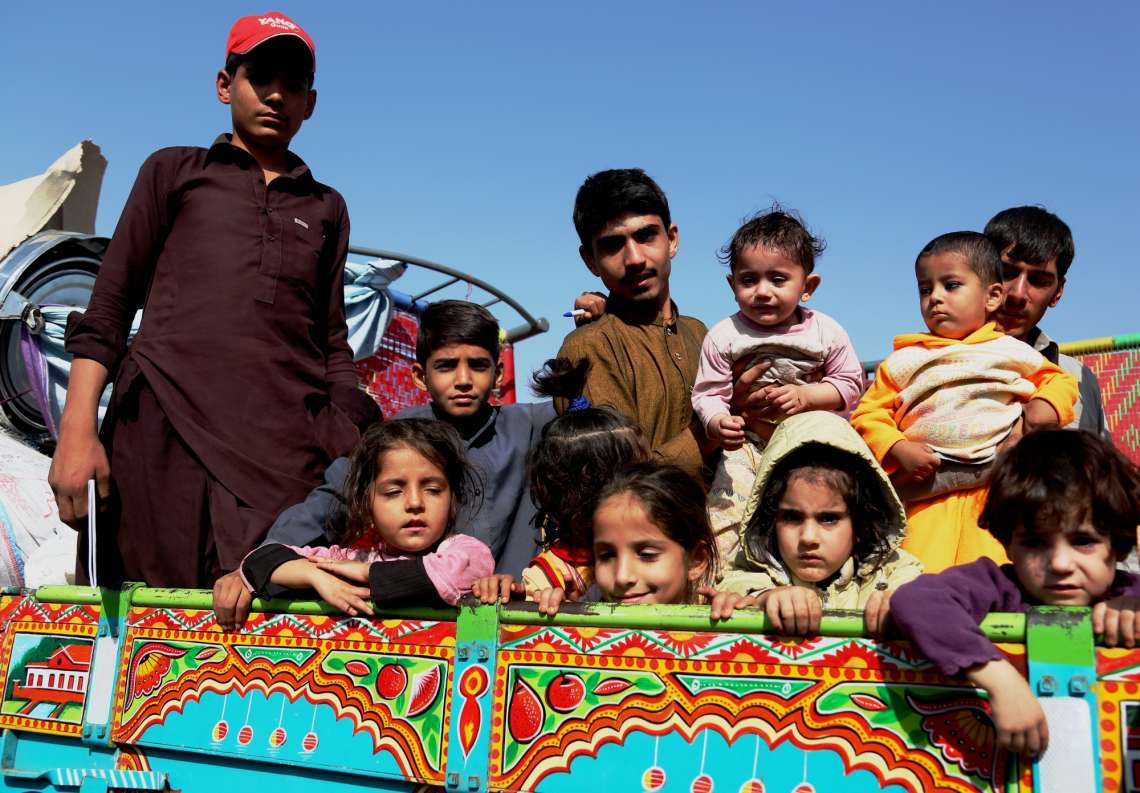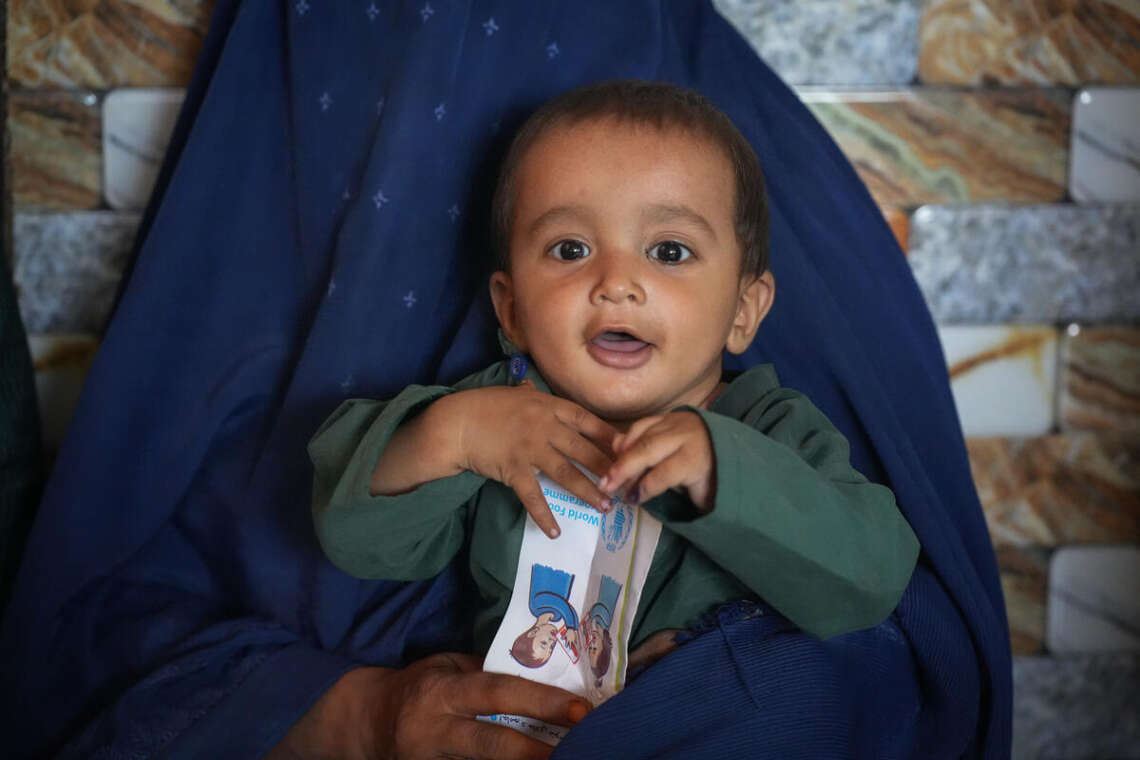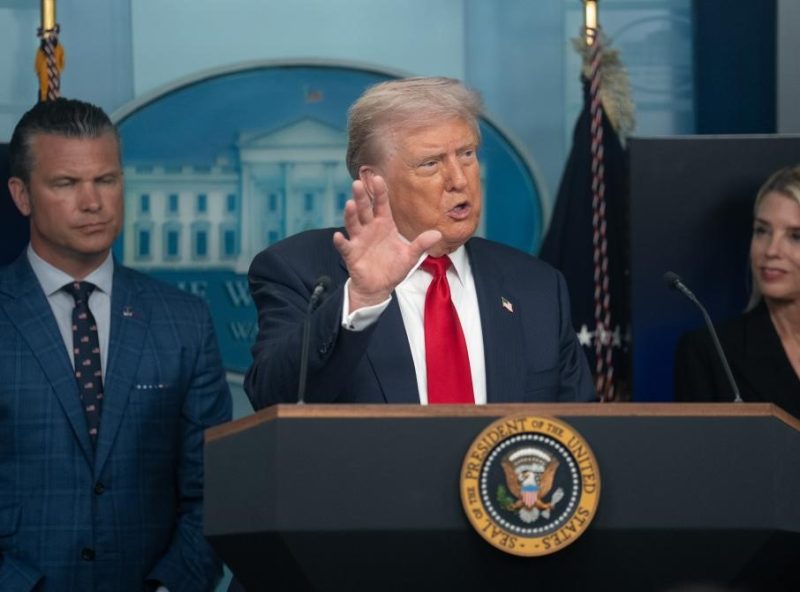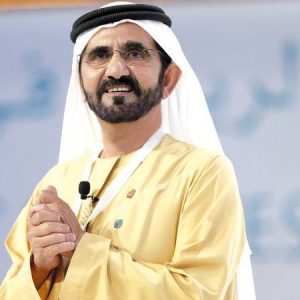Malaysia’s foreign minister warned ASEAN is losing neutrality amid rising global power competition, ahead of the bloc’s annual summit….reports Asian Lite News
Sixty-five nations have signed a landmark United Nations convention in Vietnam’s capital aimed at combating the growing global threat of cybercrime — a move hailed by UN Secretary-General António Guterres as a “historic step toward a safer digital world.” The signing of the UN Convention against Cybercrime marks the first global framework designed to coordinate international investigations and prosecutions of crimes committed online, ranging from ransomware and phishing to online trafficking and hate speech.
Adopted by the UN General Assembly in December 2024 after five years of negotiation, the treaty establishes binding legal mechanisms to help countries share evidence, extradite suspects, and collaborate on cyber investigations. It will take effect once ratified by 40 nations.
“The UN Cybercrime Convention is a powerful, legally binding instrument to strengthen our collective defences against cybercrime,” Guterres said at the signing ceremony in Hanoi on Saturday. “It is a testament to the continued power of multilateralism to deliver solutions. And it is a vow that no country, no matter their level of development, will be left defenceless against cybercrime.”
The convention, hosted by Vietnam in cooperation with the UN Office on Drugs and Crime (UNODC), brought together senior officials, diplomats and cybersecurity experts from every region. In his address, Guterres warned that cyberspace has become “fertile ground for criminals,” saying that “every day, sophisticated scams defraud families, steal livelihoods, and drain billions of dollars from our economies.”
According to UN estimates, cybercrime costs the global economy trillions of dollars annually — with attacks growing in frequency and sophistication. The new treaty is intended to improve international coordination against online threats that often transcend national borders and overwhelm domestic legal systems.
Vietnamese President Luong Cuong, whose government hosted the signing, said the convention “not only marks the birth of a global legal instrument, but also affirms the enduring vitality of multilateralism, where countries overcome differences and shoulder responsibilities together for the common interests of peace, security, stability and development.”
The European Union, the United States and Canada were among the signatories, joining nations from Asia, Africa and Latin America in endorsing the pact. The UNODC, which spearheaded negotiations, said the convention contains safeguards to protect human rights and legitimate online research, while promoting transparency and accountability in law enforcement cooperation.
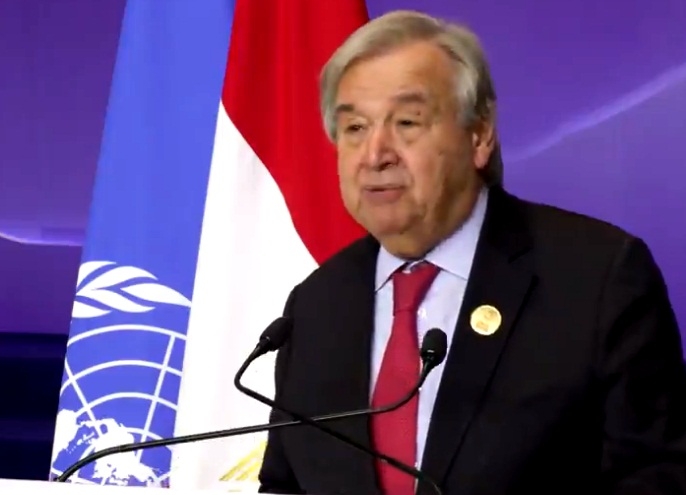
Still, the agreement has drawn criticism from rights groups and technology companies that fear the treaty could be misused by governments to suppress dissent or expand online surveillance. The Cybersecurity Tech Accord — a coalition of more than 150 firms including Meta, Microsoft, and Cisco — warned that vague definitions of cybercrime could “criminalize legitimate security research” and enable intrusive data sharing between states.
Human rights advocates have also expressed unease about Vietnam’s role as host. The U.S. State Department’s 2024 human rights report cited “significant online censorship and restrictions on freedom of expression” in the country. Human Rights Watch says at least 40 people have been arrested this year for posting criticism of the government online.
For Hanoi, however, the event was an opportunity to showcase its growing diplomatic and technological ambitions. Vietnam has faced a sharp rise in cyberattacks targeting its banks and energy networks, and officials have described the convention as a critical tool to bolster national cyber defenses and global reputation.
Analysts say the treaty’s success will depend on how countries balance enforcement with human rights protections. “The convention could be transformative if implemented responsibly,” said cybersecurity policy expert Le Minh Quang of the Vietnam Academy of Social Sciences. “But without strong oversight, it risks giving some governments a pretext to tighten control over online information.”
Despite such concerns, UN officials remain optimistic that the pact represents a major advance in collective digital security. “For the first time, we have a shared global response to a borderless threat,” Guterres said. “This treaty sends a clear message to cybercriminals: the digital space will no longer be a safe haven for your crimes.”
The convention’s adoption caps a decade of rising alarm over ransomware attacks, online financial fraud, and the misuse of emerging technologies such as artificial intelligence for criminal ends. Supporters say the treaty lays the groundwork for stronger international norms — and for a more secure, rules-based digital order in the years to come.



